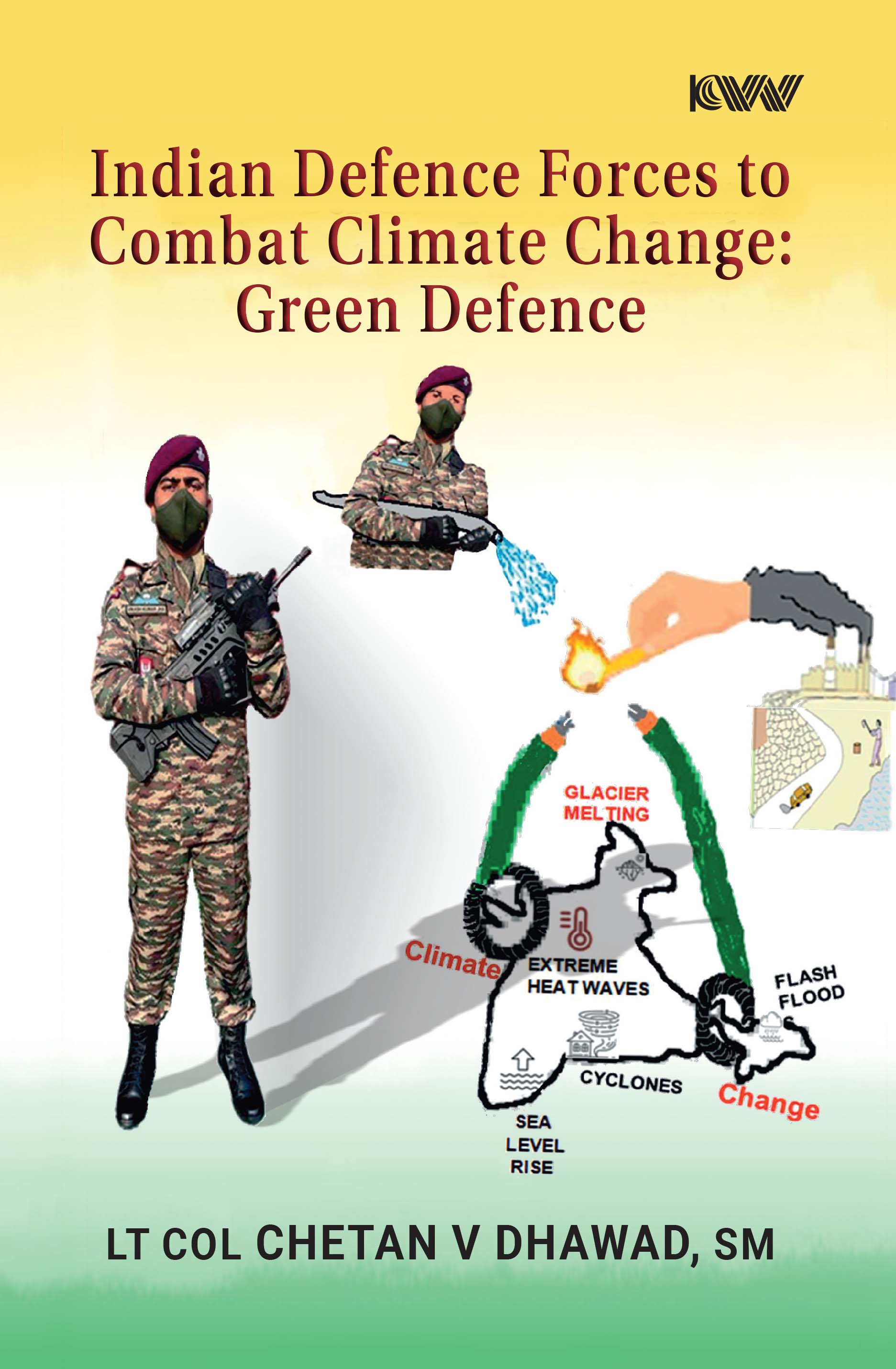Subjects
Recent View(s)
- The Magic 'Degh': Sikh Stories for Children
- Towards a Nuclear Weapon Free World
- Reflections of An Air Warrior
- Defence from the Skies: Indian Air Force Through 75 Years
- Thimayya: An Amazing Life
- Understanding Japjee Sahib: The Essence of Guru Granth Sahib
- Remembering Pyarelal: Mahatma Gandhi's Secretary and Biographer
- Afghanistan after the Western Drawdown
- The Other Great Wall: China’s Urban-Rural Divide
- Memoirs of a Seeker
- Comprehensive Maritime Security in The Indian Ocean Region: Challenges and Opportunities
- India’s Neighbourhood: Challenges and Opportunities
- Not An Accidental Rise Harsh Vardhan Shringla (Nepali)
- Not An Accidental Rise Harsh Vardhan Shringla (Bangali)
- Musings and Mindscapes
- Living Through Times
- Indian Defence Forces to Combat Climate Change: Green Defence
- Beyond The Blue Yonder: A Curated Anthology of Writings on Space
- India’s Aerospace Power: The Central Asian Dynamics
- Afghanistan Under the Taliban: Pasts and Anticipations
- Global Review 2024
Indian Defence Forces to Combat Climate Change: Green Defence
Lt Col Chetan V Dhawad
The book traverses several tracks to include the climate change trajectory, which is adversely impacting every nation, its fundamental economic framework and even strategic alliances. It expatiates about geographical and social impact; and strategic and security implications being shaped increasingly by climate change crises across the world. The astonishing facts, figures, and comprehensive overview researched in the book is strong language itself which rattles the conscience of the reader to probe about India, which remains one of the most threatened countries by the ramifications of climate change. The journey of India from ‘Being a silent spectator to leading climate power’ while balancing energy security and developmental concerns is an interesting landscape to travel. The book further delves into uncharted territory full of intersections of arrays of military emissions, climate security, global and national security. The overview of the powerful militaries of leading economies which are vehemently contributing towards their national goal by reducing emissions without compromising on operational capabilities opens a new domain of thought. Every sketch in the book facilitates quicker assimilation of thoughts and prepares a reader for a plunge from despair to hope and brings to its central theme which is to draw up a broad vision and action plan for the 1.5 million strong forces which have a unique potential for immense contribution & blazing the trail for other organisations in India and militaries in Asia to emulate upon. The unparalleled green potential of our forces of spearheading organisational and individual decarbonisation revolution with quantification of emission reductions, while maintaining balance as a warrior and climate warrior is particularly highlighted as a key objective.


 Political Science
Political Science
